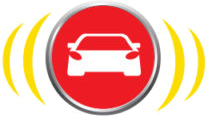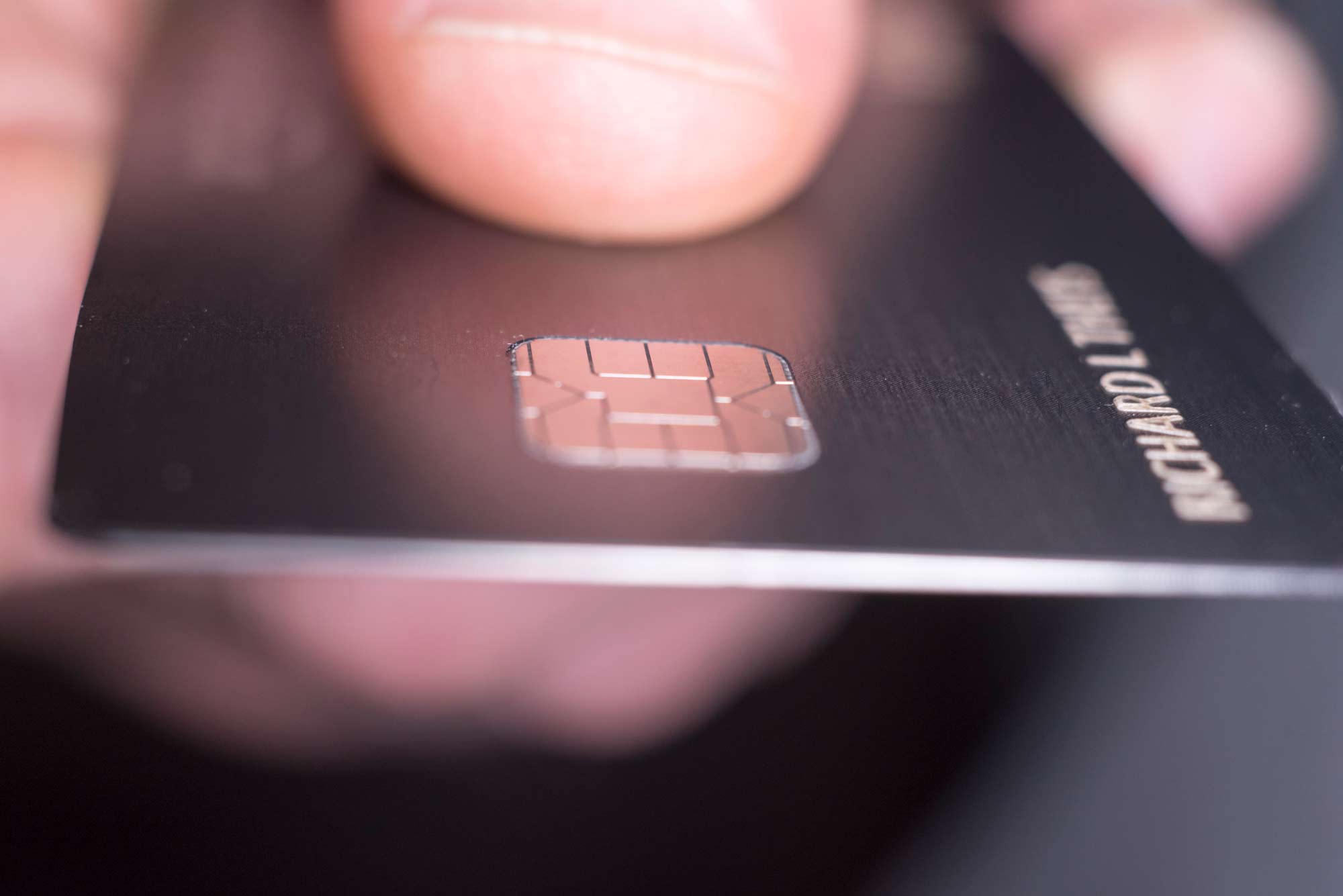In the world of payment processing, surcharging rules are ever-evolving, so it is paramount that dealerships stay up to date with surcharging guidelines and regulations to ensure PCI compliance for your business. In this article, we’ll be delving deep into what surcharging is and what has changed specific to both payments and dealerships, this year, so that your dealership can be prepared and of course, stays compliant.
Surcharging Summary
To summarize, surcharging, is restricted to only credit cards. Dealer Pay automatically filters out the debit and pre-paid cards. Furthermore, for all applicable departments utilizing surcharging, the rate ranges between 1-3%. The dealership must also display appropriate signage in each department that is surcharging, along with using receipts that reflect the sale total, surcharge amount, and full total charged.
New Regulations Effective in 2023
As of April 15, 2023, Visa lowered the maximum surcharge amount from 4% to 3%, even though MasterCard remains at 4%. However, because you cannot surcharge one card brand a different amount than the other, the maximum amount to surcharge your client’s credit cards remains at 3%. Your business must provide the same surcharge amount to all credit card transactions. Along with this, dealerships may not charge a convenience fee, service fee, currency conversion fee, or a wire transfer money order service fee in addition to the surcharge.
Ensuring Compliance
To avoid any confusion for our current clients, Dealer Pay is making necessary adjustments for dealerships to avoid non-compliance. It is paramount for Dealer Pay to not only keep up with the latest trends in the payment acceptance industry, but also compliance. Our goal is to ensure that our trusted dealers are operating within the program’s rules. Our commitment is to keep our dealers informed and up to date on the evolving world of payments and compliance.
Where You Can and Cannot Pass the Fee
As mentioned in the regulations above, debit/pre-paid cards are restricted from surcharging and Dealer Pay’s point-of-sale solutions and hardware automatically filter these out. Your customer will not assess a surcharge if their billing zip code corresponds to states or US territories where surcharging is prohibited by applicable law. This would include states such as, but not limited to, Connecticut, Massachusetts, and Puerto Rico.
The World of Dealership Surcharging
Dealerships are unique because they have multiple business departments under one big roof. Payments are made in various forms from Sales to Fixed Operations, to Accounting Receivables and After-Market Warranties. Which is why dealerships must only have one surcharge rate, but they can turn this off on a departmental level. To clarify, you can decide to have one department without surcharging and another department with surcharging if appropriate signage is displayed. An example of this would be your Parts and Service department can have surcharge turned on as long as you display a sign stating that you surcharge credit cards, while your Sales and Finance may choose to have surcharge turned off.
Based on the state your dealership resides in, there are also different restrictions from the Department of Revenue for surcharging in Sales and Finance departments. Most dealerships cannot surcharge for aftermarket warranty payments. However, there are some state Departments of Revenue, like in California and Wisconsin, where there are surcharge restrictions on vehicle sales or financing. Also, many warranty payments will only allow for the sale amount and don’t allow dealerships to add surcharges.
Payment Options
Currently, Dealer Pay offers an upfront funding option, which pays the dealership all of their funds upfront, including the surcharge amount. Each dealership is billed according to the proposed pricing agreed upon at the beginning of their relationship with Dealer Pay. However, soon we will be offering a Flat Rate/Net-Funding option where the dealership is only paid the sale total, and all of the surcharge amounts will appear as a credit on their billing statement each month. This option is expected to be introduced to our clients by the end of Q4 2023.
Communication and Education
It is important that Dealer Pay communicates these changes to our endorsed state associations. For further clarification, Dealer Pay is offering to host a webinar about the rules and regulations that have been established for surcharging. We also have a pre-holiday webinar series that will be coming out soon that reviews both surcharging and how to avoid fraud and chargebacks.
Conclusion
In the dynamic world of payment processing, staying compliant with surcharging rules is crucial for dealerships. This article has provided insights into the changing landscape, emphasizing the changes as of April 15, 2023. Dealer Pay is actively adjusting to ensure compliance and consistency in surcharge rates. Let Dealer Pay be your partner in navigating these changes and staying compliant. We encourage dealerships and associations to reach out with any questions or concerns.


